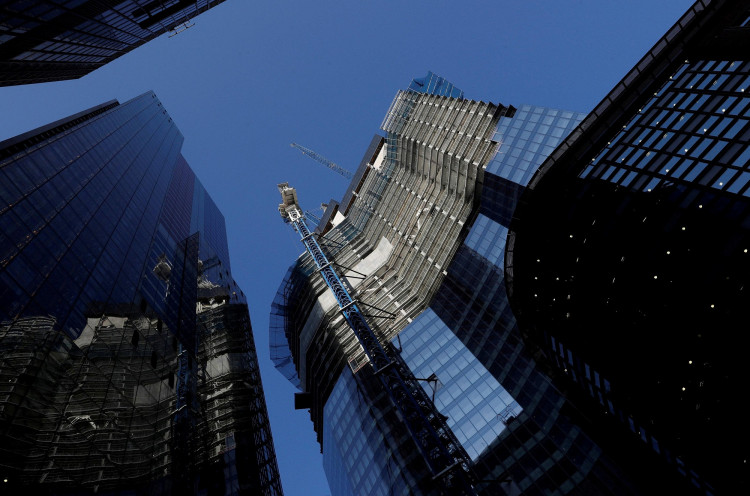Chinese tech giant Alibaba Group has purchased a 50 percent stake in AXA Tower, a prime office building located in Singapore, through a deal estimated to be worth around $1.2 billion. The stake purchase in the 50-story office tower is meant to solidify Alibaba's business presence in the city-state and the rest of Southeast Asia.
Alibaba Group mentioned in a statement that Singapore continues to be an important market for the company. The investment is meant to support the company's expansion plans and strengthen its operations. Parts of the tower will be used to fill the needs of the firm's growing digital economy in the region, which is being led by its Southeast Asian e-commerce unit Lazada.
Lazada already takes up about 15 percent of the office space in AXA Tower. According to industry experts, the stake purchase in the property is a sign of Alibaba's long-term commitment to grow its business and to make Singapore its base of operations for its Southeast Asian business.
Alibaba Group, through its subsidiary Alibaba Singapore, purchased the stake from a consortium of stakeholders led by Perennial Real Estate Holdings. Both companies have announced plans to redevelop the property once the stake sale is completed in June.
The AXA Tower, formerly called The Treasury and Temasek Tower, is located in Singapore's busy 8 Shenton Way business district. Apart from office space, the tower also sports a retail podium. Alibaba has reportedly already been granted government approval to increase the tower's gross floor area after it redesigns it to include hotel and residential areas under the city's CBD Incentive Scheme. The redesign will expand the building's 1.05 million square feet gross floor area to 1.24 million square feet.
Office buildings in Singapore such as the AXA Tower, currently the world's tallest cylindrical tower, are expected to see a major upswing this year. Despite the global economic downturn caused by the coronavirus pandemic during the first quarter of this year, premium office rentals in Singapore have remained unchanged from previous quarters. Demand for office spaces in the city-state also remains high, with analysts expecting growth despite the general downturn in office markets across the rest of the Asia-Pacific region.
According to official data, vacancy rates in Singapore during the first quarter had remained low. Vacancy rates for the quarter were only 3.1 percent, better than the 3.4 percent recorded in the fourth quarter of 2019. Experts forecast that vacancy rates will likely remain below the 10-year average of 6.2 percent throughout the rest of the year.






